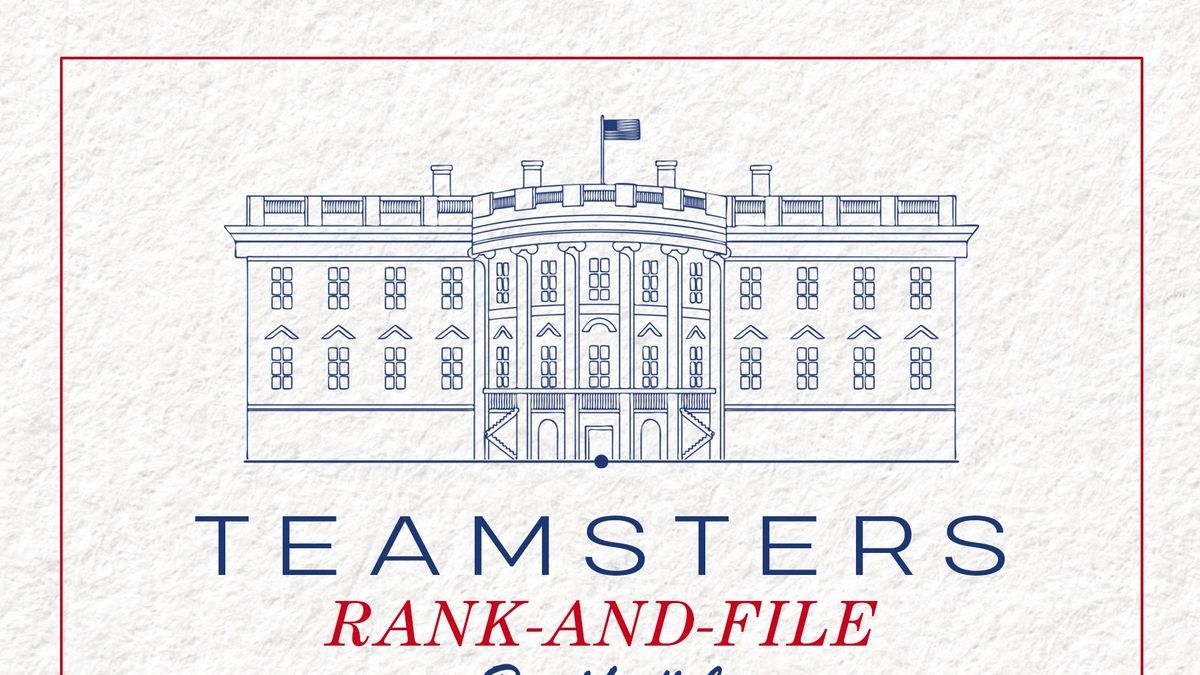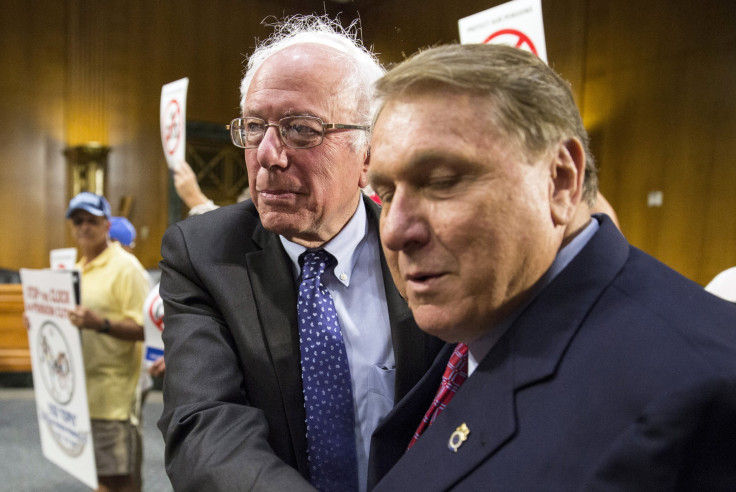Teamsters Union Declines Endorsement for 2024 Presidential Candidates
In a significant political shift, the International Brotherhood of Teamsters, representing 1.3 million workers, has announced that it will not endorse either Vice President Kamala Harris or former President Donald Trump in the upcoming 2024 presidential election. This decision marks the first time in decades that the union has refrained from backing a candidate, breaking a long-standing tradition of supporting Democratic candidates.
Background of the Decision
The Teamsters' decision was made public on September 18, 2024, following internal polling that revealed a lack of sufficient support for either candidate among its members. The union's leadership expressed disappointment, stating that neither major candidate had made serious commitments to prioritize the interests of working people over Big Business. This sentiment was echoed in various news reports, including coverage from NPR, NBC News, CNN, and The Washington Post.
Internal Reactions
The announcement has sparked a wave of reactions within the union. Some local Teamsters leaders have expressed their dissatisfaction with the national leadership's decision. For instance, local leaders have sent letters to Teamsters President Sean O'Brien, demanding an endorsement for Harris, highlighting a divide between the national union's stance and the sentiments of its local chapters.
Political Implications
The Teamsters' decision not to endorse either candidate is seen as a blow to Democrats, particularly to Harris, who has historically relied on union support. The union's non-endorsement could potentially impact voter turnout among union members, a demographic that has traditionally leaned Democratic.
In contrast, Trump has publicly stated that he feels "honored" by the Teamsters' decision, interpreting it as a sign of support for his campaign. This reaction underscores the potential for the Republican Party to make inroads with union members, a group that has been predominantly Democratic in recent elections.

Local Endorsements
Despite the national union's decision, some local Teamsters councils have chosen to endorse Harris. For example, the Michigan Teamsters council has bucked the national trend by officially endorsing her candidacy. This local support indicates that while the national union may be taking a neutral stance, grassroots support for Harris remains strong in certain regions.
Union Leadership's Perspective
Sean O'Brien, the Teamsters' General President, has defended the decision not to endorse, stating that the union's leadership is committed to ensuring that the interests of its members are prioritized. He emphasized that the decision reflects a broader concern about the direction of the Democratic Party and its alignment with the needs of working-class Americans.
Historical Context
The Teamsters have a rich history of political engagement, often aligning with Democratic candidates. This shift away from traditional endorsements raises questions about the future of labor politics in the United States. The union's decision could signal a broader trend among labor organizations to reassess their political affiliations and the candidates they support.

The Teamsters' decision not to endorse either Kamala Harris or Donald Trump in the 2024 presidential election is a pivotal moment in labor politics. It reflects a growing discontent among union members regarding the political landscape and the candidates vying for their support. As the election approaches, the implications of this decision will unfold, potentially reshaping the dynamics of union influence in American politics.
For more detailed coverage, you can read the full articles from NPR, NBC News, and CNN.





